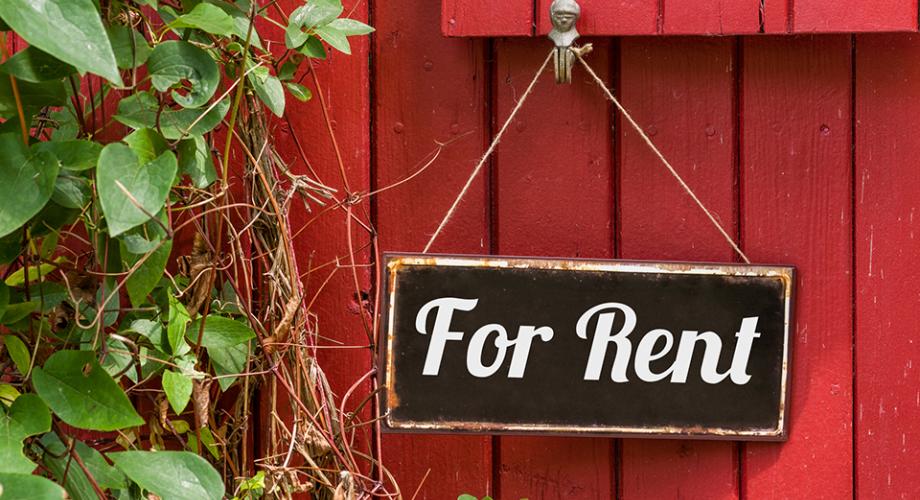In Maryland, the definition of rent has become murky.
The Maryland Court of Appeals issued an opinion in February that stated rent is best understood as the periodic sum owed by the tenant to the landlord for occupancy of the premises, but does not include variable fees and charges that may be charged to the tenant pursuant to the lease, even if the lease deems those charges to be additional rent.
Property owners and tenants rights groups disagree on what this ruling coversand judges across the state are interpreting the ruling differently.
Landlords say the definition does not apply to the eviction process because the Court of Appeals defined rent only for the purpose of calculating damages for tenants who win retaliatory eviction cases they file against landlords, reports The Baltimore Sun.
Kathy Howard, a lobbyist for the Maryland Multi-Housing Association, argues that the courts decision still allows judges to take into consideration a residents failure to pay water bills and other utilities in summary ejectment cases.
Tenant advocates disagree, and judges are increasingly siding with them, considering only failure to pay rent in eviction hearings. Some judges argue that property owners can collect overdue utility bills through small-claims lawsuits.
Property owners are encouraging the state legislature to make moot the courts opinion by passing legislation that defines rent to include utilities. So far, the legislature has not voted on such a law.
